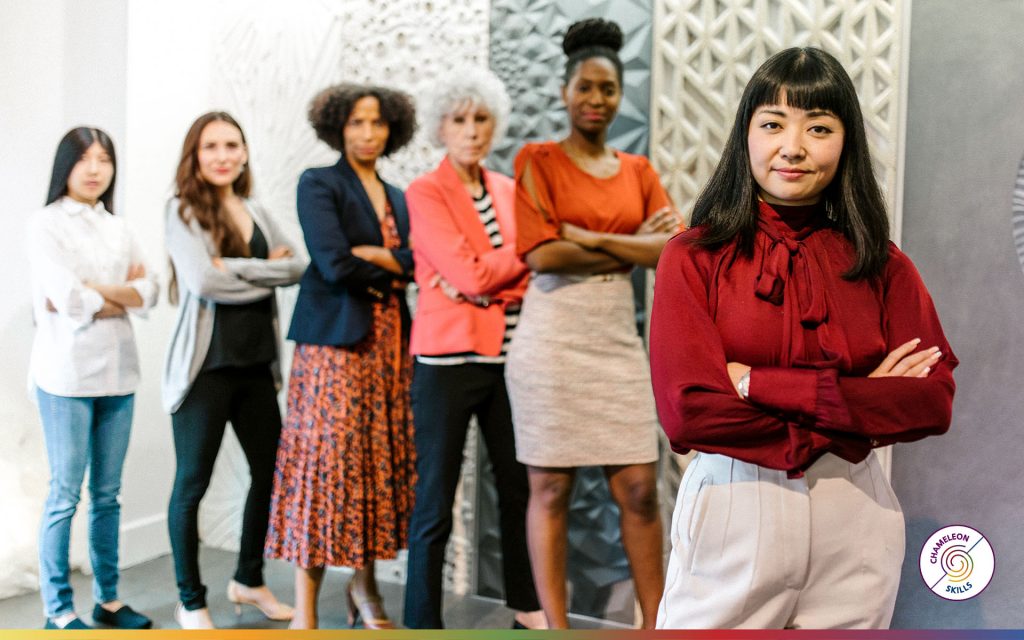
South Africa has a public holiday this month to celebrate human rights, a topic that has taken even more of a centre stage over the last year or so.
The Black Lives Matter movement created an extraordinary outburst of feeling and protest around the subject, coming on the back of COVID-19. Once again, we saw the linking of a pandemic and human rights, as happened previously with AIDS.
The vaccinate or not vaccinate groups take on their stances as concerned about human rights. The pro supporters state their concerns and demands about the individual and the collective’s good (and rights). The anti-supporters are about the individual’s right to choose without being pressured to conform. These are obvious examples where people took a position on rights.
Rights in the workplace
In working with clients, we often find that the issue of rights comes up more subtlely. For example, there may be an individual with a very demanding boss whose expectations are that they are available 24/7 and must respond immediately to every demand. Therefore they feel there is no option to say no. This expectation is an abuse of power and an infringement of the employee’s human rights. It takes courage for individuals to stand up to bosses in this situation.
Responsibility of the organisation
In addition, sometimes organisations contract with individuals around their roles and expectations and then forget about healthy boundaries. Thereby treating the individual as a human ‘resource’, but not the ‘greatest assets’ they state in their publicity. For example, sometimes organisations are aware that they have abusive managers but ignore this as they are seen as high performers. Organisations need to realise the damage that these managers do. Individuals become demotivated, and over time, commitment and performance will deteriorate. Surveys state that up to 83% of staff are disconnected! Good people leave, and there is reputational damage as news of the organisational culture gets into the marketplace.
Does your organisation have values around equality, respect, appreciation, and recognition? These all promote the rights of individuals to be valued in the workplace. When organisations live these values, they are promoting human rights. They, in turn, have the right to expect the individuals they employ to deliver according to their roles and contracts. Therefore, it is not unreasonable to demand their rights as an employer.
It is a good reminder of the words of Eleanor Roosevelt:
“Freedom makes a huge requirement of every human being. With freedom comes responsibility.”
It is up to all of us to stand up for our rights and ensure that in doing so, we are not taking away the rights of others. At Chameleon Skills, we work with organisations to create community, engagement, and high-performance cultures. These are not mutually exclusive. If you want to know more about doing this, contact us at info@chameleonskills.com.
